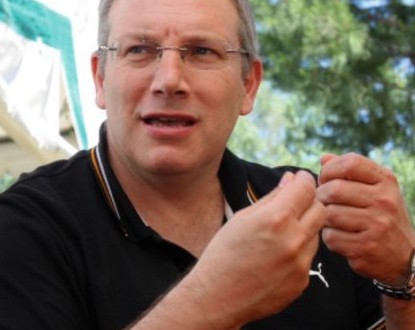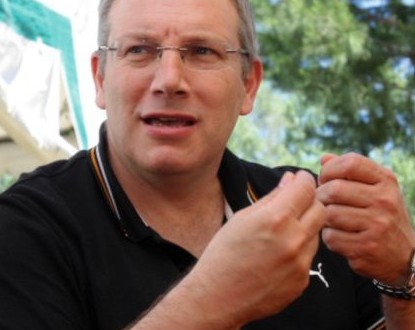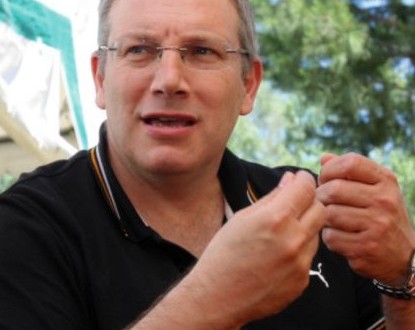Robert Injey wants to make the choice of a sustained and intelligent development of public transportation to address the ecological and economic emergencies. According to the Left Front candidate for the Nice municipal elections, this choice meets the requirement to improve the living conditions of fellow citizens whose travel needs are increasing.
 “It is also our responsibility, in the face of environmental imperatives, to act effectively against climate change and pollution: it is a major issue for today’s societies. This double urgency has been neglected by the current mayor. Nice is one of the most polluted cities in France. This is partly due to the lag in the development of public transportation. Traffic jams prove every day the deficiencies of the current public transportation network, they are a waste of time and money for the population, especially for workers,” explains Robert Injey.
“It is also our responsibility, in the face of environmental imperatives, to act effectively against climate change and pollution: it is a major issue for today’s societies. This double urgency has been neglected by the current mayor. Nice is one of the most polluted cities in France. This is partly due to the lag in the development of public transportation. Traffic jams prove every day the deficiencies of the current public transportation network, they are a waste of time and money for the population, especially for workers,” explains Robert Injey.
In recent days, the air has become quite unbreathable in many major cities of France, such as Lyon, Paris, Bordeaux, Grenoble. This pollution, linked to the stagnation of fine particles in the air, poses a real health risk. France records at least 30,000 deaths per year caused by the negative effects of microparticles.
To address this air pollution, major French urban areas have decided to make public transportation free for a few days or over a weekend.
If free public transportation is used as a response during pollution peaks like those we are currently experiencing in France, it is because the solution is truly relevant to encourage the use of public transportation and reduce fine particle levels and greenhouse gas emissions.
“Therefore, if we want to fight pollution in our city, we believe that free public transportation should be a goal,” proposes the Nice opposition member.
This solution, accompanied by the development of transport offerings, diversification of modes of transport (bicycle, walking, bus, train, tram…), and the implementation of genuine inter-modality would make the city more breathable. Free transportation addresses sustainability issues and allows the reintroduction of equality and solidarity into the right to transport.
Free transportation represents an investment of around 50 million euros per year for the Metropolis, but it leads to savings by reducing the number of days lost in traffic jams, savings in public health, and improving the quality of life.
“By making our territory more attractive for economic and social activities, it will see an increase in transport tax revenues. Strengthening the use of all means of transportation to fight pollution is the essence of all our proposals,” concludes Robert Injey.



